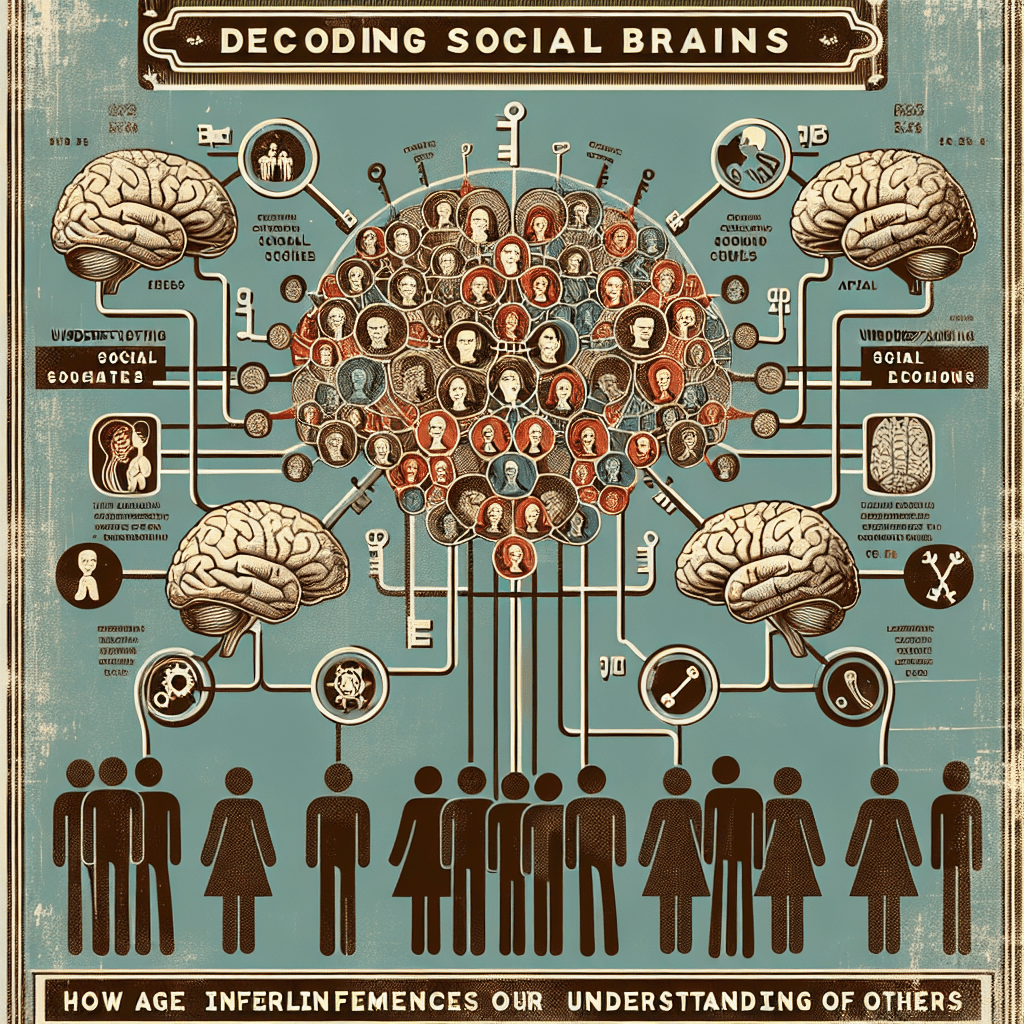Introduction Imagine a world where our understanding of others’ thoughts and emotions could be decoded as easily as a children’s story. What if we could assess how age influences this skill, scientifically packaged in a well-crafted tool? Today, we journey into the intriguing landscapes of The Edinburgh Social Cognition Test (ESCoT): Examining the effects of […]
Tag: Neuroscience
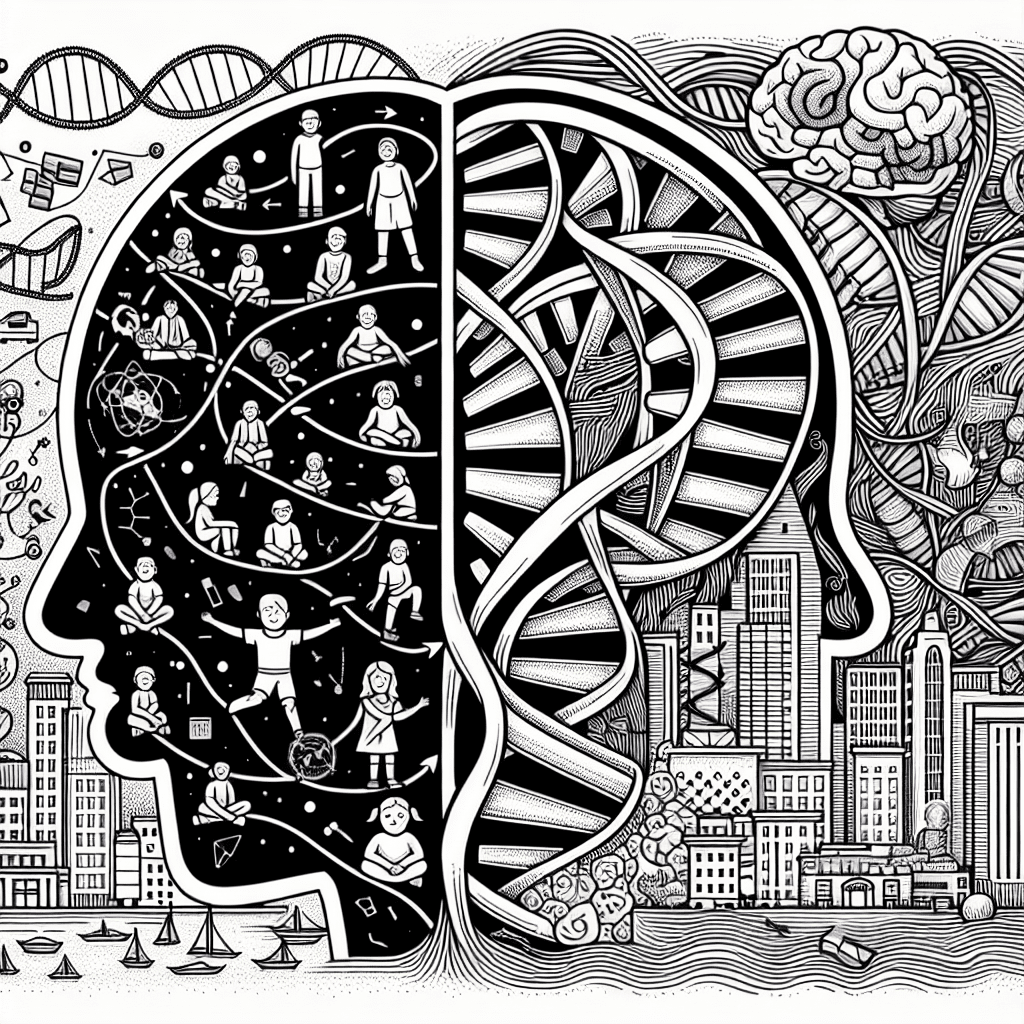
How Childhood Cities and Genes Shape Our Minds
Introduction: Growing Up Among Skyscrapers and Streetlights Imagine the bustling soundscape of a city – honking horns, distant sirens, the murmurs of a thousand conversations merging into a singular hum of urban life. Now, envision how growing up amidst such chaos might weave itself into the very fabric of who we become. Fascinating, isn’t it? […]

Decoding Time Perception: The Brain’s Underestimated Role in Tick Timing
Introduction Have you ever noticed how some moments seem to fly by while others drag on endlessly? Whether you’re waiting for a train or enjoying a dinner with friends, our perception of time is subjective and can vary dramatically. But what if there were measurable brain activities that correspond to these differences in how we […]
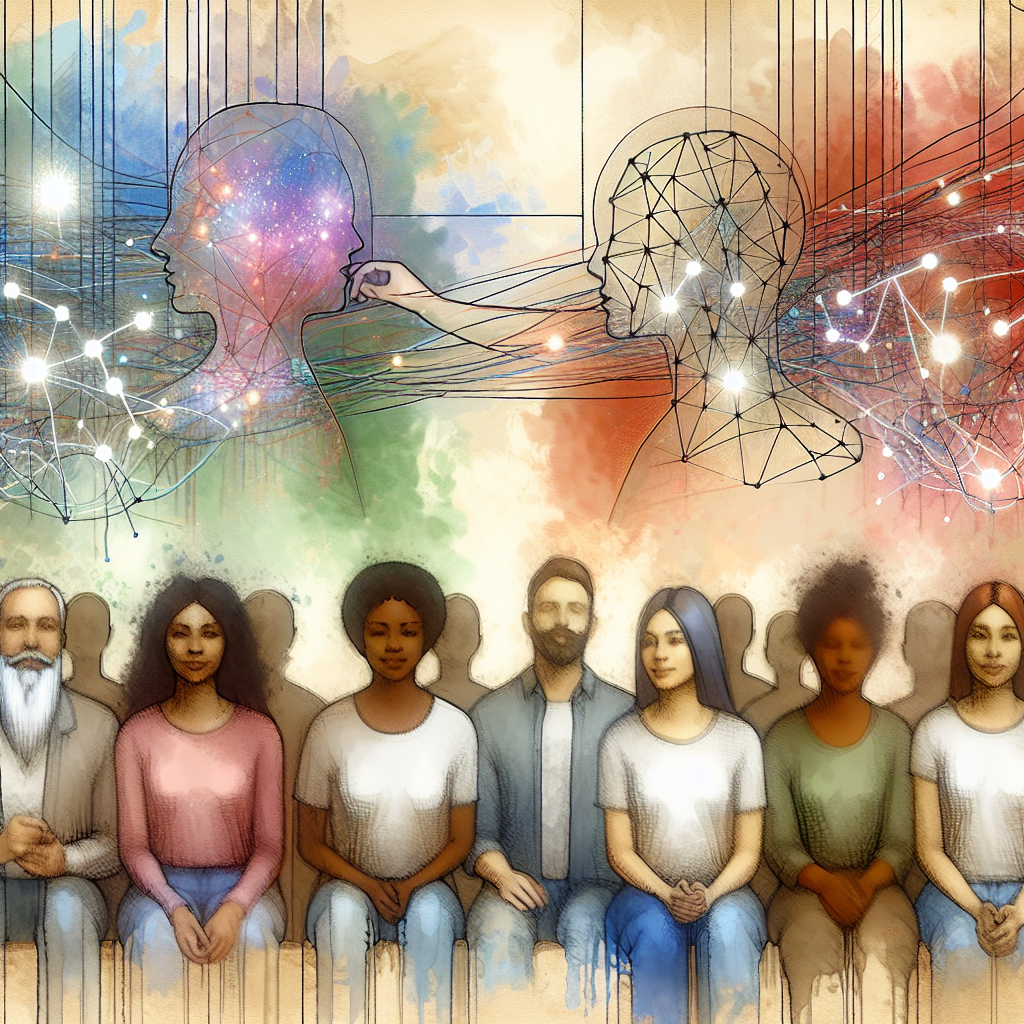
Understanding Attachment: How Our Connections Shape Us
## Unlocking the Secrets of the Mind Imagine the very first bond you ever formed – often with a caregiver like your mom or dad. This attachment, as it turns out, is more than just a sentimental aspect of our early lives; it is a blueprint for how we connect with others throughout our journey. […]
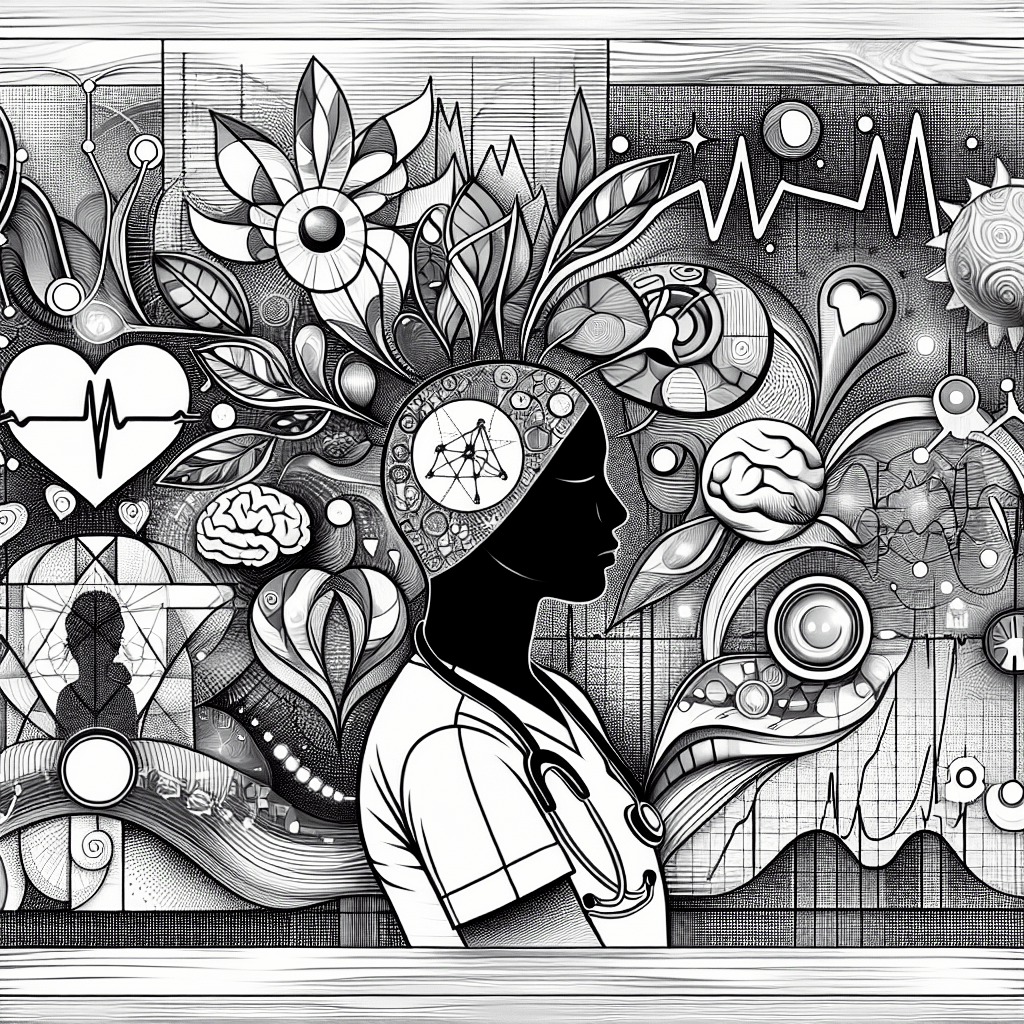
Decoding Stress in Nursing Students: How Heart Rate Variability Illuminates Learning Challenges in Simulations
Introduction: The Heartbeat of Stress Imagine stepping into a high-stakes scenario where your decisions can make a life-or-death difference. The pressure is on, your palms are sweaty, and your heartbeat seems to echo in your ears. This is often the reality for nursing students during clinical simulations, designed to mimic real-world healthcare emergencies. While these […]
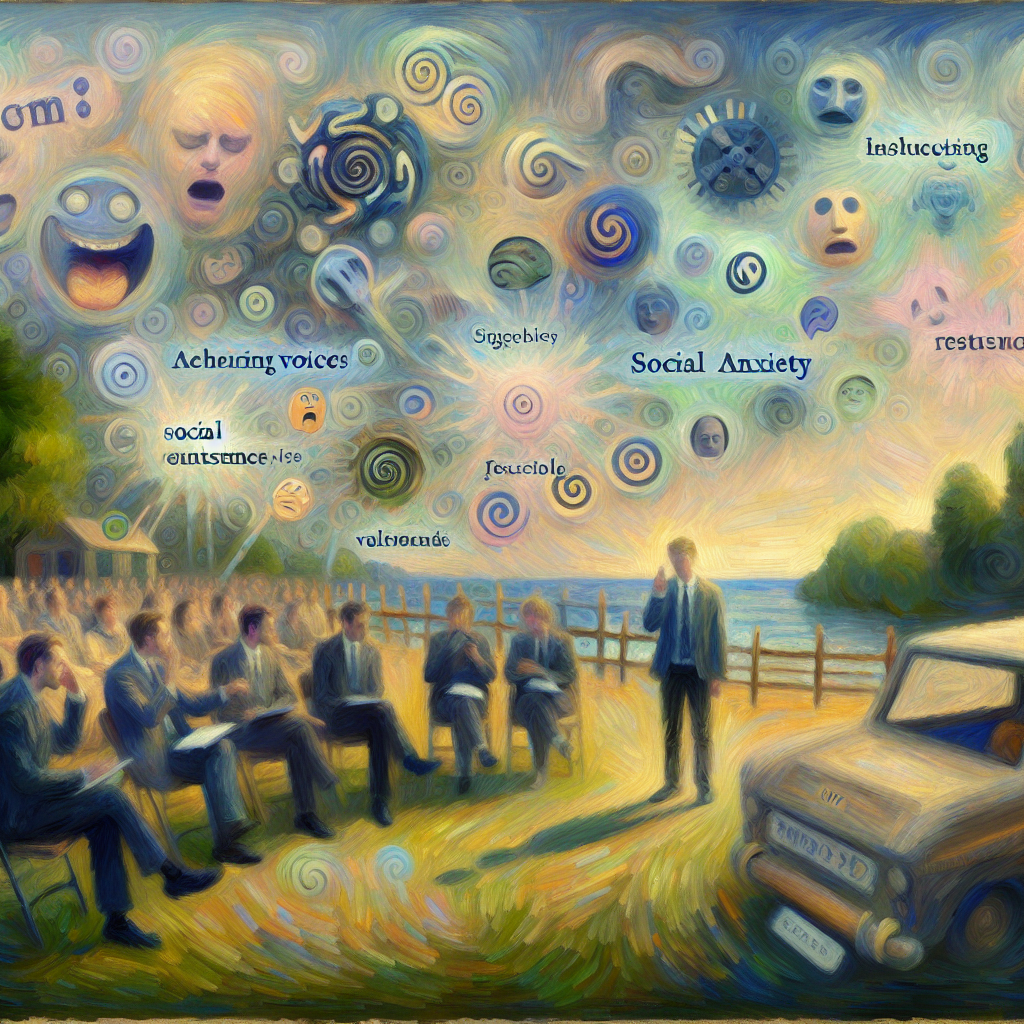
Navigating the Social Landscape: How Autistic Traits and Social Anxiety Shape Our Interactions
Introduction: A Glimpse Into Our Social World Imagine you’re at a bustling party. Around you, clusters of animated conversations punctuate the air, leaving you in a bewildering sea of social cues and emotions. For many, navigating this social landscape is seamless — a dance of expressions and feelings understood without thought. But what happens in […]
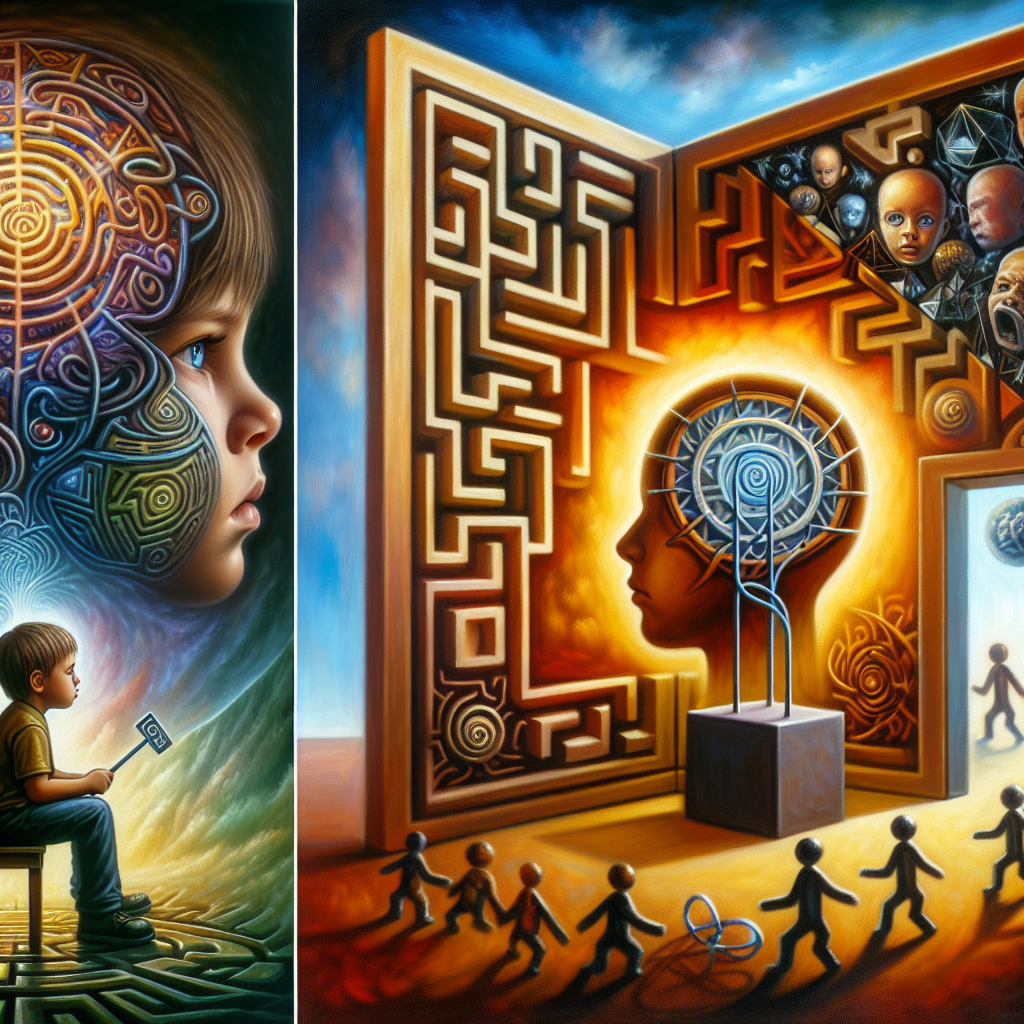
Unraveling the Mind’s Boundaries: Childhood Behavioral Inhibition and Its Impact on Adolescent Mentalizing
Introduction: The Ties That Bind Our Inner Worlds Think back to your childhood days. Remember those classmates who were painfully shy, the ones who hovered on the edges of social circles, hesitant to join in the play. These children, often described as “behaviorally inhibited,” are more common than one might think, and their tentative approach […]
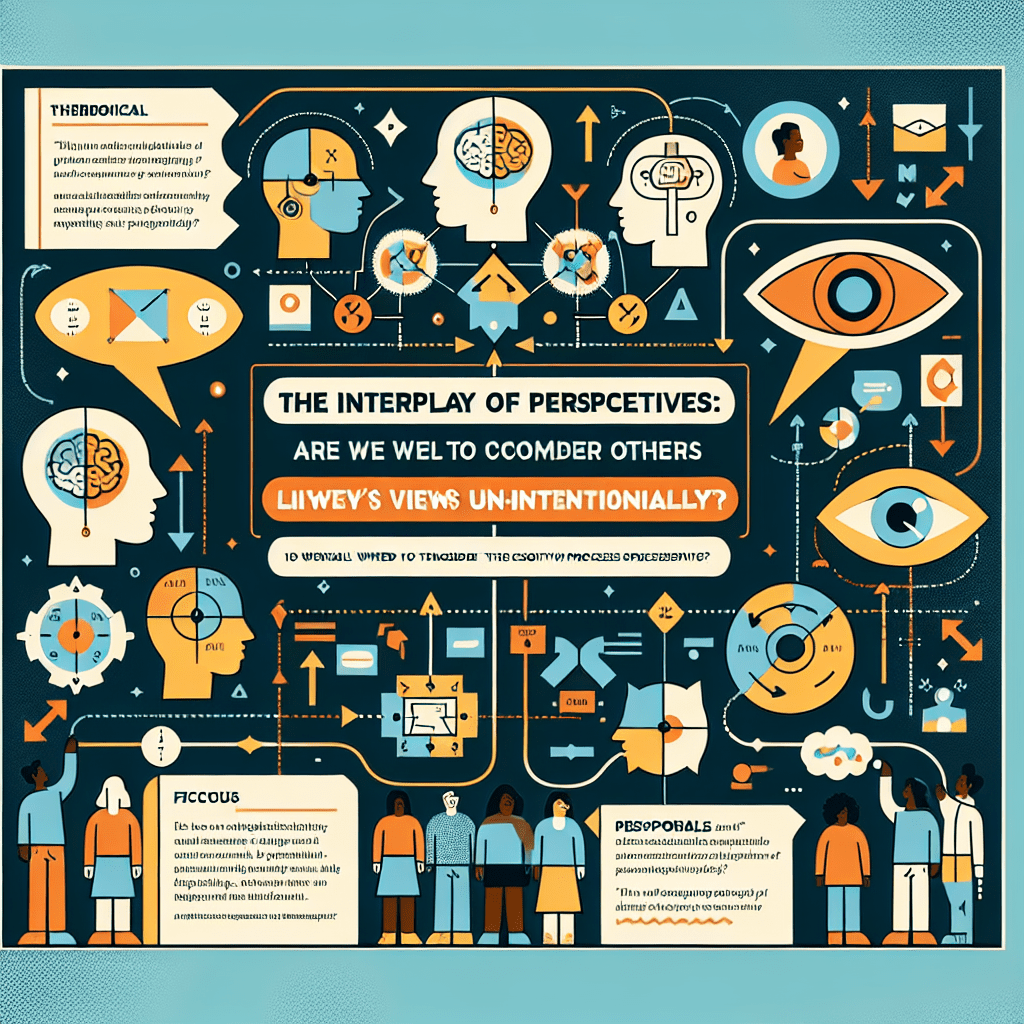
The Interplay of Perspectives: Are We Wired to Consider Others’ Views Unintentionally?
Introduction: Behind the Curtain of the Mind Imagine you’re at a busy intersection, and from the corner of your eye, you see someone look left. Without thinking, you might find yourself also glancing in that direction. This seemingly trivial action hints at an intriguing psychological concept known as altercentric interference. But is this glance a […]
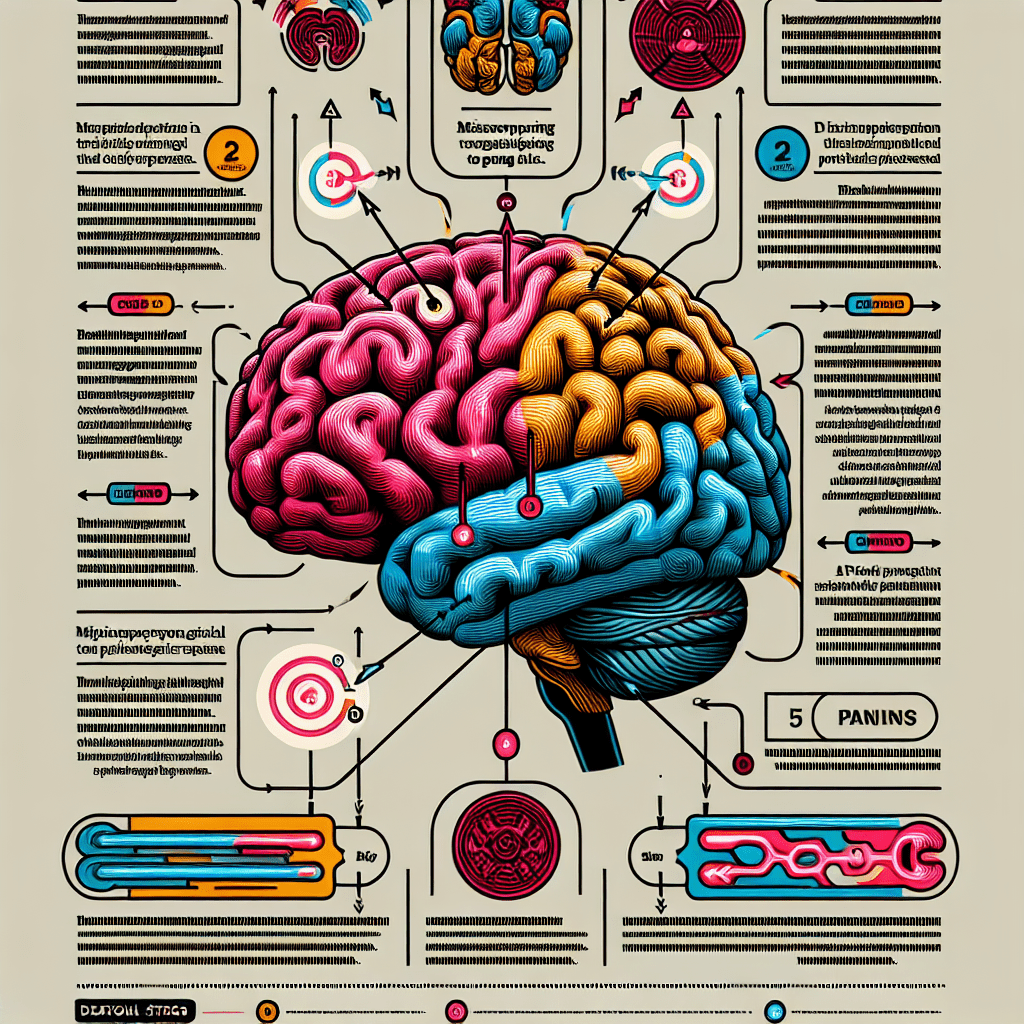
Decoding Panic: How Our Minds Misinterpret Signals
Introduction Imagine walking down a bustling street, feeling your heart beat faster as you hear the cacophony of city life. For most, this sensation might merely indicate a body responding normally to stimuli. But for some, this moment heralds a cascade of catastrophic thoughts, interpreting benign bodily sensations as harbingers of impending doom. Welcome to […]

Unraveling the Mysteries of Learning: A Deep Dive into the Role of GIT1 in Brain Plasticity
Introduction: The Brain’s Ever-Adapting Nature Imagine a world where learning is as rigid as a stone—where once a lesson is learned, there’s no way to adapt, grow, or reshape understanding. Thankfully, our brains are far more flexible. This remarkable adaptability, known as synaptic plasticity, allows us to learn and remember by continuously reshaping the connections […]
